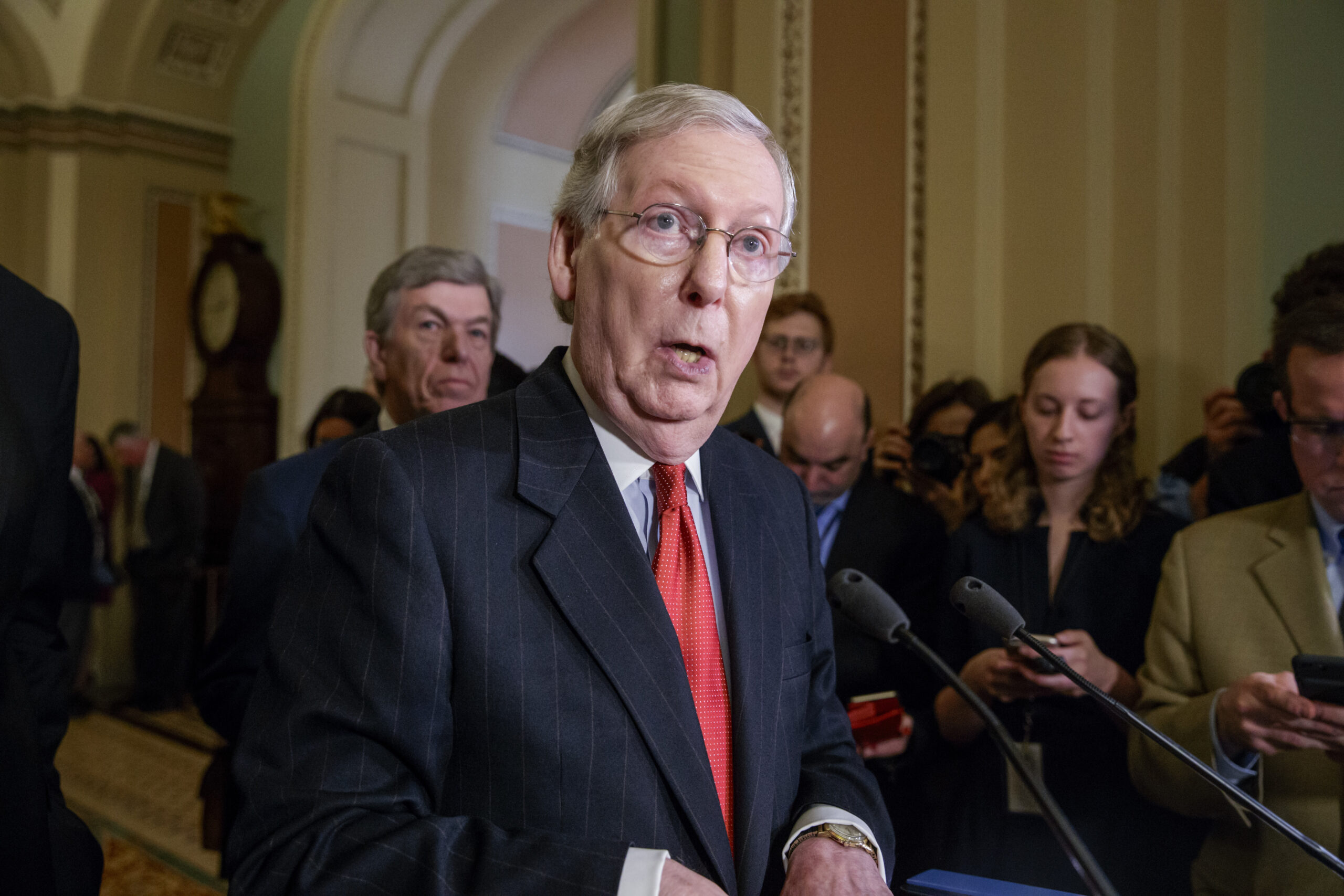After the Senate Republicans finally scored a win by successfully opening their Obamacare repeal effort to debate, they endured a major setback when it comes to actually passing repeal legislation.
The daunting task ahead of Republicans was illustrated when the Senate Republicans’ most comprehensive repeal bill failed to pass by a vote of 43 to 57, according to a report by The New York Times. Objections to the various measures being proposed come from both the right, such as Sen. Ted Cruz of Texas and Sen. Rand Paul of Kentucky, as well as from moderates like Sens. Susan Collins of Maine and Lisa Murkowski of Alaska.
Despite these obstacles and setbacks, Trump still characterized the ability to open the bills to debate as a win.
During a statement from the Rose Garden, Trump declared that “now we move forward towards truly great health care for the American people. This was a big step.”
Of course, Trump’s ability to crow about his perceived triumph did not stop him from taking a Twitter swipe on Wednesday morning at one of the Republican senators who has been highly critical of the repeal efforts.
Senator @lisamurkowski of the Great State of Alaska really let the Republicans, and our country, down yesterday. Too bad!
— Donald J. Trump (@realDonaldTrump) July 26, 2017
Murkowski and Collins both opposed the motion to debate the bill. If both they and one other Republican senator refuses to support any of the health care bills under consideration, the repeal effort will fail.
On Wednesday, Republicans are expected to vote on a series of alternative proposals, including an amendment structured after an Affordable Care Act repeal measure from 2015 that was vetoed by President Barack Obama.


